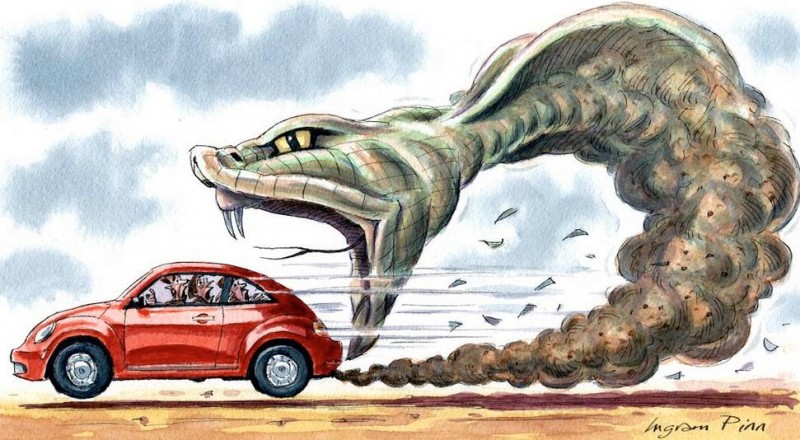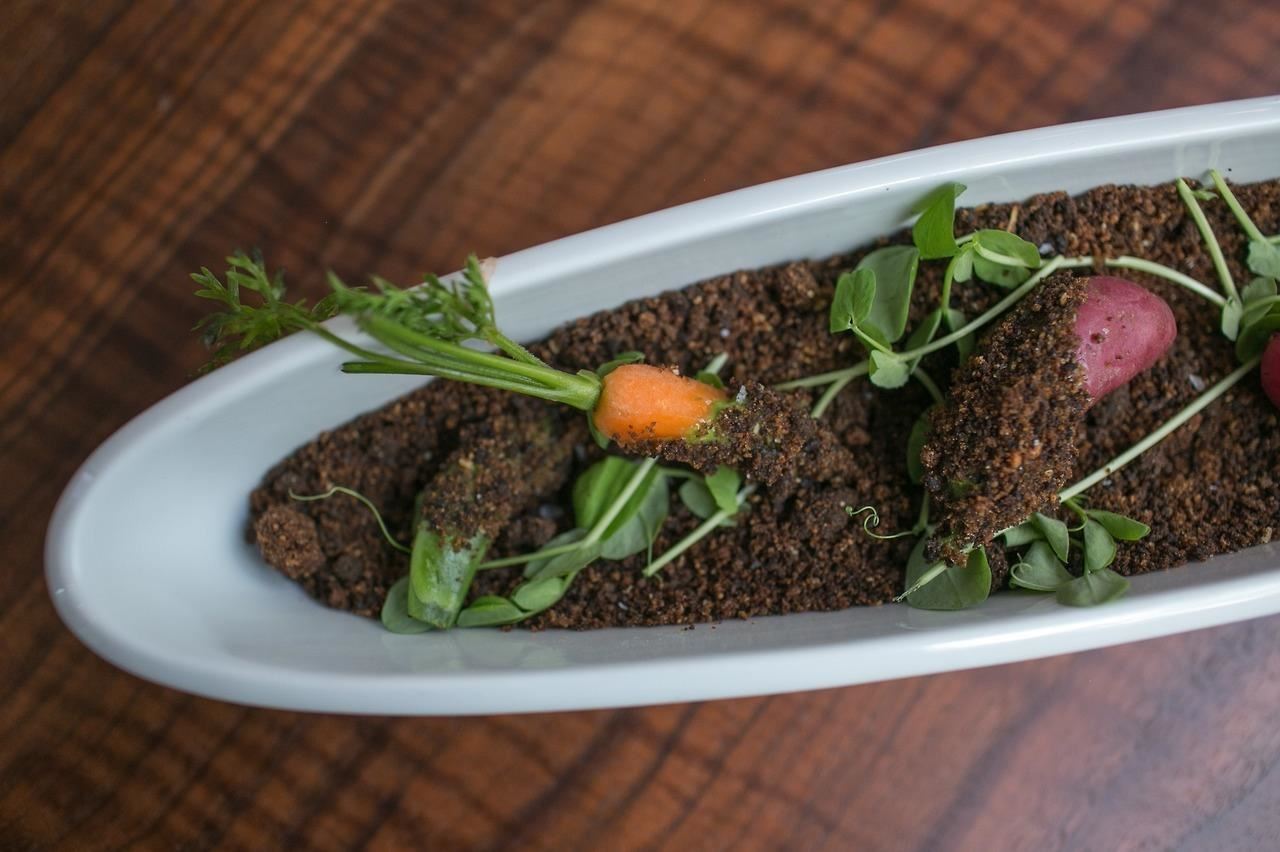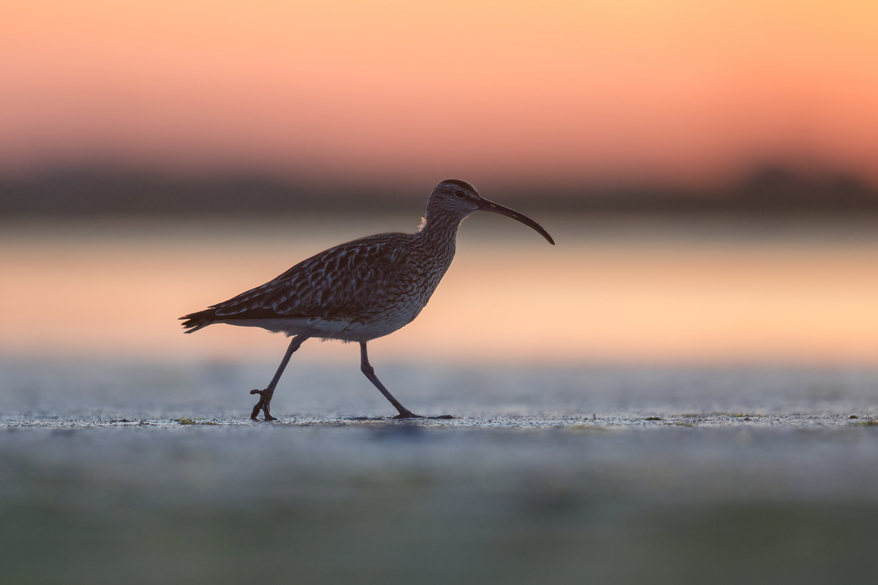Where our storm coverage goes from here.

27 August 2020
Last night, after what seemed like an endless Wednesday, I ordered a takeaway. I watched an episode of Sex and the City as I ate it, and then decided to call it a day. I brought the cardboard box out to the recycling bin, and looked up to see a sprinkling of stars. I hadn’t seen a clear sky in days, and I leaned against my doorway to take stock.
Yet again, a sky that seemed quiet and quaint in my world was about to rip apart someone else’s.
Before tucking into my dinner, I had read through the severe weather warnings issued for Louisiana and Texas. The approaching storm was described as “unsurvivable”, not by opinion writers or lay citizens, but by the National Hurricane Center.
Just this week we had Storm Francis land here on Irish soil. National coverage relayed the damage. Homes and businesses flooded, electricity cut out, and water supplies were interrupted. Images showed how roads quickly became waterways and locals can be overheard in videos surveying the scale of it all.
It wasn’t a standalone event. It came on the heels of Storm Ellen, which brought similar degrees of devastation to the area.
And yet, even in the detailed reports of the damage and subsequent repair, I had yet to come across any reference to what had compounded it.
The climate crisis.
Make no mistake, storms have always made themselves known to our shores. They have battered our communities and left us to pick up the pieces in the wreckage. But both now and in our recent past, their beastliness is amplified by human-caused climate change.
As journalists, as self-labelled advocates for truth and accountability, we owe it to the public to never let them forget this.
The day after Storm Ellen hit, I made a flurry of phone calls to climate scientists and politicians. I wanted to understand what the exact link was between storms and our changing climate.
Simply put, for every one degree of warming the atmosphere experiences, it absorbs 7 per cent more water vapour than it did before.
Professor Peter Thorne, Director of the ICARUS Climate Research Centre at Maynooth University, compared it to a “leaky sponge”.
Our anthropogenically powered-up storms are therefore releasing a higher volume of water, which causes greater flooding.
This is what science is telling us. It is not a matter of opinion, it is not an item on an agenda. It is a fact.
Journalism has come a long way on its climate coverage, and exploring all the reasons for the development is the topic for another op-ed. But over the past two years, we have seen a change.
We’ve seen more longform pieces, we’ve seen editorials from traditional media come out and stress the need for action and we’ve even seen the very language itself used to discuss the topic change.
Storms have been and will continue to do more damage. That is a truth we can now measure and see with our own eyes. It is a fundamental element of the disasters we cover, and we cannot parse it apart and shelve it as a mere matter of opinion.
We might each define the media and its role differently, but let’s take a look at the values many organisations hold themselves steadfastly to: truth and accountability. This is a reality, and accountability comes with the sustained cry for urgent action.
The pen writing the story of our climate is still, for the moment, in our hands. And for those of us holding the literal pen that writes the witness account, we owe it to our readers to relay the uncomfortable reality.
That even though for a brief moment the sky in your world might be quiet and quaint, it is ripping apart someone else’s. Not just one someone else, many someone elses, who much more often than not, had the least amount to do with it.
[x_author title=”About the Author”]







